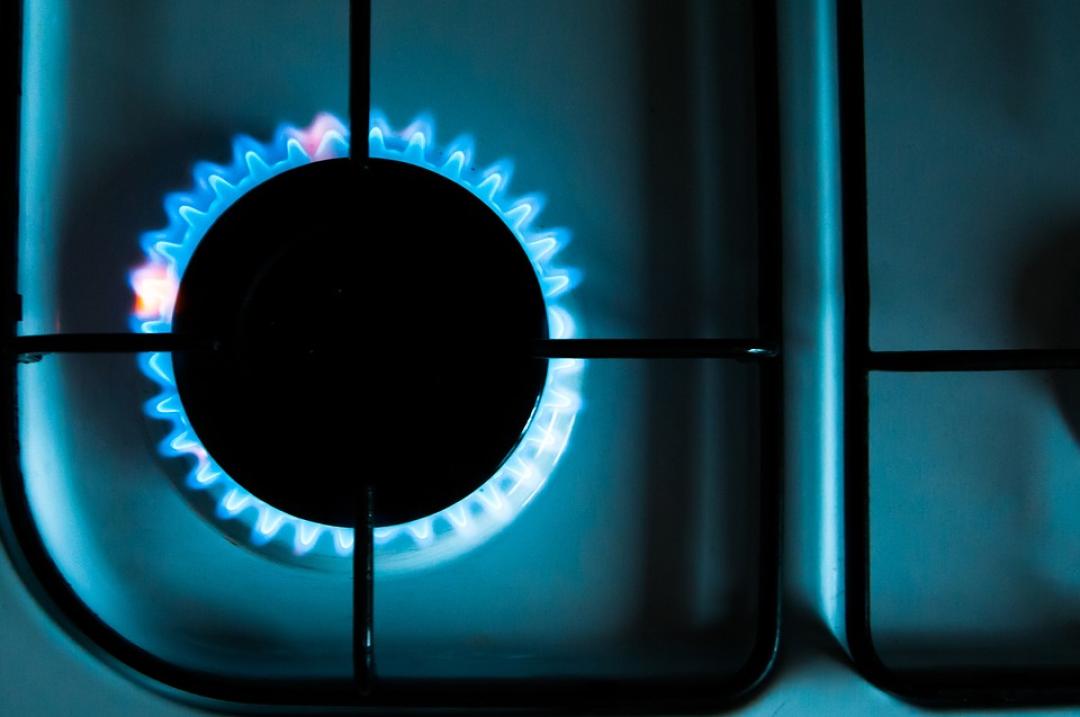
Azerbaijan to expand its oil and gas supply to Europe

On 1 March, the director of the European Commission's energy division Klaus-Dieter Borchard said at a news conference in Baku that the EU was considering doubling natural gas purchases from Azerbaijan to 20 billion cubic metres (bcm) per year, on expectations of new potential gas fields in the ex-Soviet country in the Caspian Sea, reported the Hellenic Shipping news. “This has already been agreed,” he added.
The Shah Deniz I field, which has been pumping gas since 2006, has a production capacity of 8 bcm, and output from Shah Deniz II is expected to reach 16 bcm of natural gas per year, with 10 bcm earmarked for Europe and 6 bcm for Turkey.
Azerbaijani state energy company SOCAR is considering two possible options regarding expansion of the Trans-Adriatic Pipeline, which delivers the Azerbaijani gas from Greece via Albania and the Adriatic Sea to Italy and further to Western Europe. “The final decision has not been made yet… It will be clear in 2021,” a Reuters source said.
Azerbaijan has an estimated one trillion cubic metres of reserves at its Shah Deniz gas field, the biggest in the country, and is looking for more reserves in other areas, including the Absheron gas field, where Azeri state energy company SOCAR works with France’s Total. SOCAR vice president Yashar Latifov told Reuters last month that the start of production at Absheron was expected in mid-2021 and its reserves could exceed an estimated 300 bcm, allowing output at a plateau level of 5 bcm per year. Azerbaijan sees further gas prospects at the Umid and Babek fields, where SOCAR works independently.
Not only an expansion of Azerbaijan’s gas supplies to Europe was reported and considered, but also the oil supplies as well. The Director General at Sarmatia International Pipeline Company Sergei Skripka told Report.az that the resumption of oil supplies through the Odessa-Brody pipeline may accelerate the implementation of the project for the construction of the Brody-Plock (Adam’s Gate) oil pipeline, as this section is the only missing part of the Eurasian Oil Transportation Corridor.
In his opinion, the more often Azerbaijani and Caspian oil is delivered via the Odessa-Brody pipeline, the more chances there are for the implementation of a project to build a part of the infrastructure - the oil pipeline connecting Brody city and the Adam’s Gate in Poland. According to the feasibility study of the Brody-Plock oil pipeline construction project, approved last year, the refineries in Poland and Germany are expected to become the main consumers of oil transported through this pipeline.
As a result of this project, the Caspian countries will have an additional reliable route for the supply of their oil to the European market. New buyers will have the opportunity to work in the respective market. The pipeline will extend to 377 kilometers, with 120 kilometers to be built on the territory of Ukraine and 257 kilometers on the territory of Poland.
The total project cost is 360 million euros. The main field of Sarmatia’s activity would be the provision of services for the supply of the Caspian resources to Europe.
See Also


Simonyan: “Armenia Should Trade with Turkey and Azerbaijan Instead of Closing Borders”

Mirzoyan Meets US Deputy Assistant Secretary Joshua Huck

Azerbaijani President Holds Talks with UAE and German Business Delegations on Economic Cooperation

Grigoryan Confirms Armenia’s Readiness to Dissolve OSCE Minsk Group Upon Peace Treaty Signing

